‘I just love country kids’: Why young, city slicker teachers are going bush
Young up-and-coming teachers are staying in the regions, even if they didn’t grow up there, thanks to a new program. There’s a key reason why.
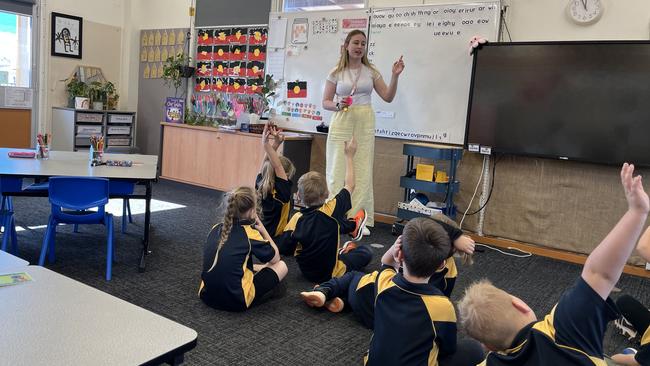
SA Weekend
Don't miss out on the headlines from SA Weekend. Followed categories will be added to My News.
Tahlia Degnan is a city girl who never really saw herself teaching in the country.
It didn’t, however, take long before she was won over by the locals, the kids and the warm, inclusive culture.
Now she is determined to call the bush home.
“If you had asked me a year ago if I’d consider teaching in the country, I’d have said, ‘Umm, I don’t know about the country’,” she says. “But now I am so set (on it). I one hundred per cent want to move to the country as soon as I graduate … it is just a great experience and more teachers are needed in the country.”
The 21-year-old is among an initial cohort of 37 third- and fourth-year university students, chosen from more than 120 applicants across the state, to secure a scholarship to relocate to the country for a major, compulsory school-based practical. It’s a significant initiative.
Attracting professionals beyond the city limits to fill crucial roles in rural and remote areas, including in the all-important fields of health and education, is tough.
This is despite the fact that in Australia about seven million people – or 28 per cent of the population – live in rural and remote areas.
The SA branch of the Australian Education Union understands there are between 40 and 50 unfilled vacancies across the state, with the majority of these in the country.
In Term 2, Degnan completed a six-week placement in a reception class at Stirling North Primary School near Port Augusta, at the head of Spencer Gulf, more than 320km north of Adelaide.
For the young Uni SA teacher-in-training, who spent her own school years at the more than 1000-student King’s Baptist Grammar School in Adelaide’s northeast, the experience at the school with just over 300 students has literally opened up her world and changed her view of country living.
“Honestly, it was the best decision … I chose Port Augusta as I am a city girl and didn’t know anything about what the country is like other than there is not much in the way of shops,” she says. “I thought, ‘I am just going to bite the bullet and go for it, who knows if I am going to like it or not?’ … it’s like Nike says, Just Do It.”
It was the locals themselves who quickly won over Degnan and her Adelaide boyfriend Luke Radloff, 20, also on placement at the school. “I just loved the kids in the country, I found they really care about you,” Degnan says.
“The kids up there are completely different than metro kids … you hear about what they do at the weekend and it is just so different to what city kids are doing. One little girl told me about all the things she does on her dad’s sheep station, helping out with the sheep and doing jobs around the farm.
“I really enjoyed teaching the kids up in the country … you can have a conversation with them for so long and talk to them about anything. I also loved to see them so excited just to talk about going to ‘the big city’.”

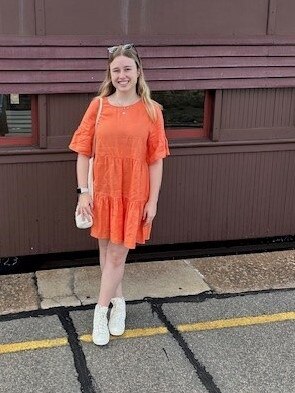
Degnan says the school’s teachers were equally as warm. “They were welcoming and always provided us with the best support; we felt part of ‘the family’, they’d invite us to events happening in Port Augusta at the weekend … it was great,” she says.
“The feeling of community made me feel like I was at home and it was the best ever thing … (Luke and I) now want to make sure we see everywhere. We’ve realised every little town has its own uniqueness.”
For Radloff, who spent seven weeks in the school’s 5/6 class, the “friendliness of the town and the quietness” were among the things he loved most. “The largest thing that stood out for me was the sense of community and how inviting it was,” he says.
“I wasn’t expecting to come to a new town, not knowing anyone, and to be invited in with open arms and supported so well.”
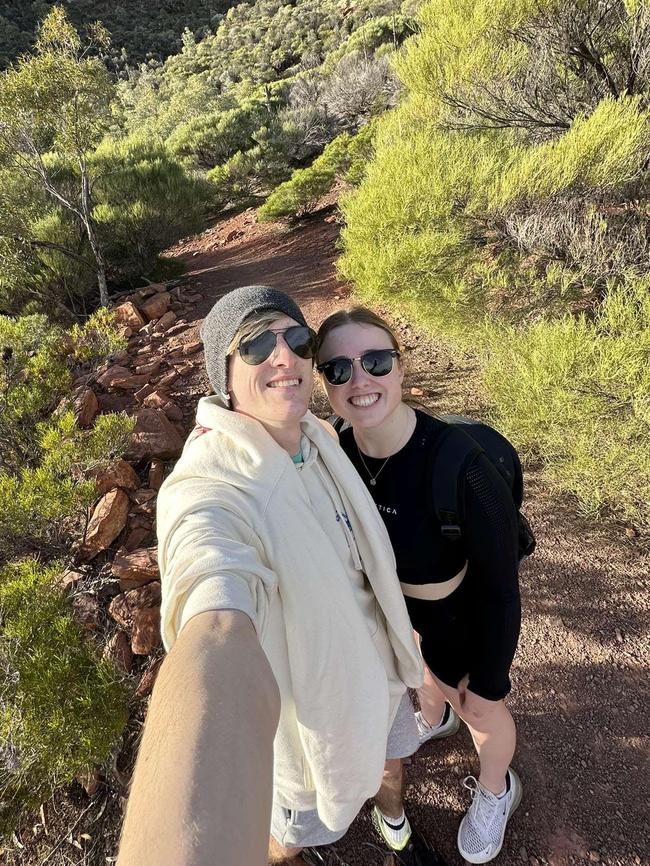
It was a similar experience for Nicola Markovic, who admits she had never previously considered teaching in the country but now can’t imagine not working in a rural or regional area.
The 28-year-old, fourth-year Flinders University student teacher extended an eight-week placement at Port Lincoln Special School to 10 weeks.
Born and raised inRoyal Park, she went to Hendon Primary School, Ascot Park Primary School for the gymnastics program and then Seaton High School.
“I have visited regional areas before including Coober Pedy, Moonta Bay and the Eyre Peninsula all of which I have family in (but) have never lived in a regional town,” she says.
“When I began my degree I did not ever think I would be teaching in the country and now that I am almost at the end of (it), I can’t see myself doing anything other than teaching in the country.”
Markovic, who has majored in special education, says the country placement allowed her a first-hand insight into life in the regions she would not otherwise have known.
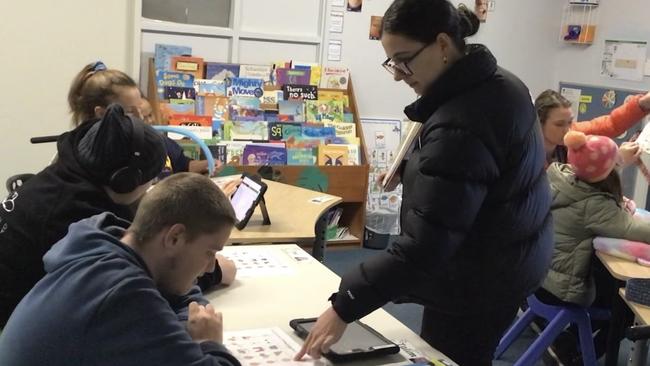
“Doing a placement in a smaller community, you feel supported, you feel valued, you feel welcomed … it is just a different vibe than you get in metro areas – you have a real community vibe around you which I think is something really special about doing a placement in a regional setting,” she says.
Invaluably, on her resume she now has the experience of workingasan SSO (student support officer) in both metro and rural settings. But she knows which one she prefers.
“Working within a school community in a country town is much more rewarding in the sense that you get to know your students and their families on a much deeper level; you often bump into people at weekend sport, the supermarket or any other community events, (enabling) stronger relationships,” she says.
Markovic says the experience also made her realise she need not go without “city comforts”.
“Initially I thought, ‘God, I am going out bush, where am I going to get my nails done, where am I going to get my hair done, where am I going to go shopping?’,” she says.
“But I discovered everything I possibly needed was there which was a bit of a surprise to me … the transition was so much easier than I had expected.
“In the country you feel like you are a part of something, you don’t ever feel alone … it is 100 per cent where I would like to teach.”
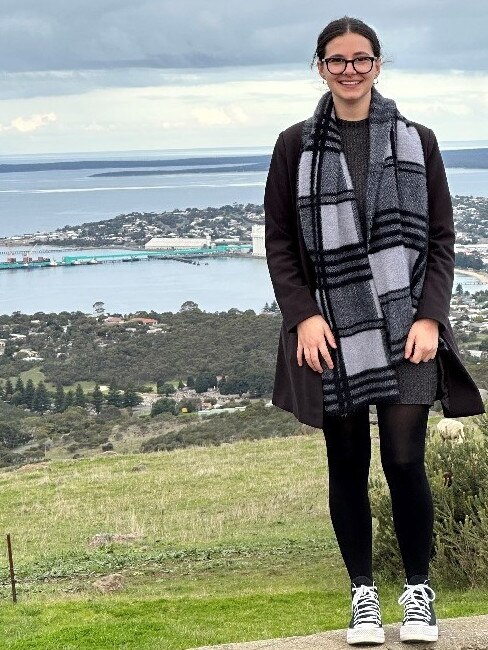
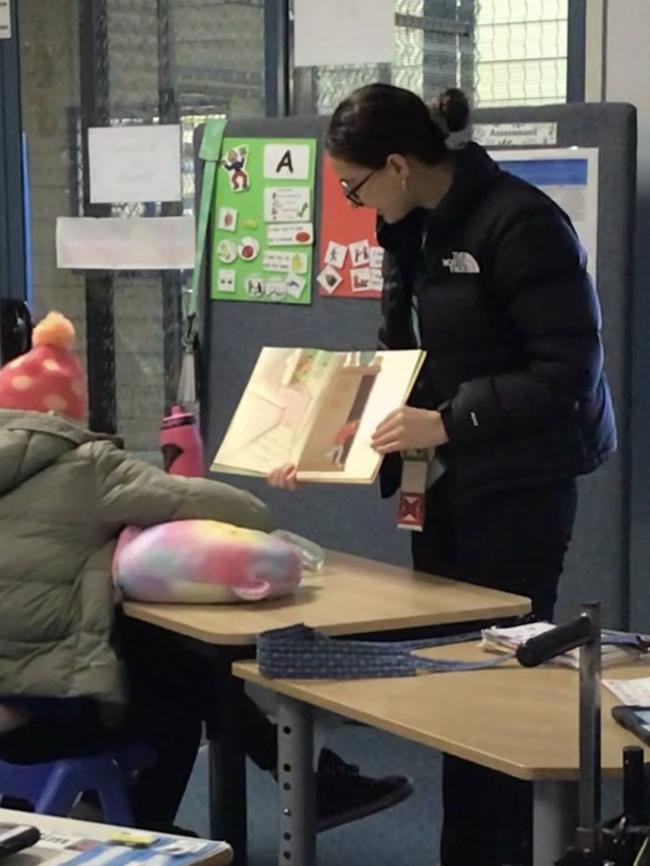
She is grateful for the opportunity of the state government scholarship which covered her accommodation and paid a living allowance of $200 a week.
“(It allowed me) to trial what it would be like living and working in a country town … the people in Port Lincoln and the school community … have gone above and beyond to make me feel welcome,” she says.
For Amy Wheeler, 22, who went to Immanuel Primary School and later Immanuel College in Novar Gardens, the experience gained during a 10-week internship at a country school with just a couple of hundred students was vastly different to her own.
“I requested Clare as it was not too remote … (I’ve been) pleasantly surprised with how welcoming and supportive people have been, not only the staff and students at Clare Primary School but also in the wider community,” she says.
“Living up here and being involved with the community has given me a sense of belonging which can sometimes be missed in the city.”
While admitting she wasn’t quite prepared for just how cold Clare can get, Wheeler, who was placed in a year 3/4 class, says she was appreciative, too, of her mentor teacher who “included me in all aspects of classroom life”.
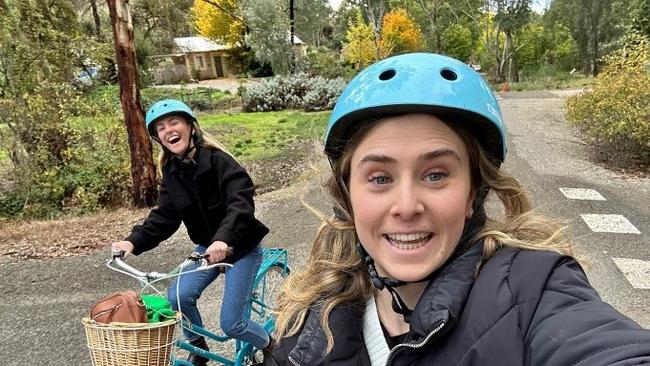
Having grown up in the Barossa Valley, Ruby Harris, 21, knew there was plenty to love beyond the city limits but wanted to explore work life in a more remote setting.
She says the chance to complete her third-year placement in Maitland at the Central Yorke School, where she was based in a reception/year 1 Class, was worthwhile.
“I had some ideas of what country life is like growing up in the Barossa, however I wanted to experience living further away from the city and to see how country schools differ from those in metropolitan areas,” she says.
“I noticed the strong sense of community while living on the Yorke Peninsula … I can definitely see myself teaching in the country in the future.
“My placement was for a required six weeks, however, I ended up completing seven weeks … I have loved getting to know all the students and building relationships with them – and not just from my class,” she says.
“Little people are the best and have the most infectious nature and energy to be around.
“My lovely mentor teachers have also taught me so much and helped me to gain confidence with classroom management, lesson sequencing and little tips that will help my teaching career.”
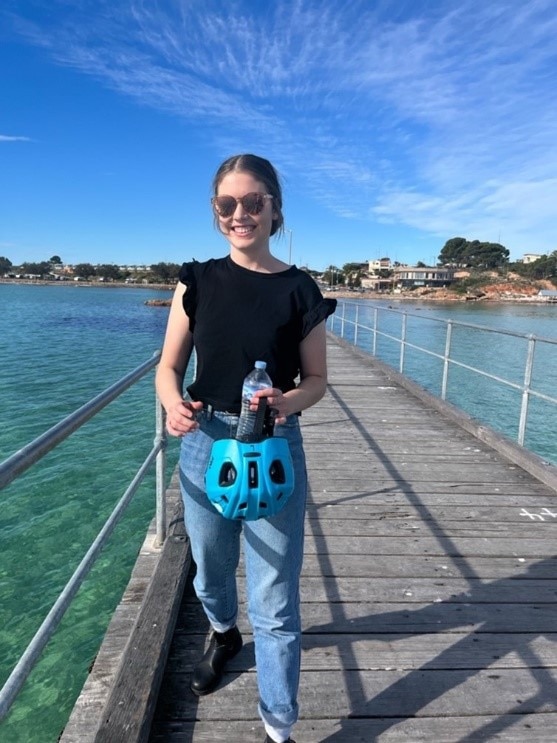

Isaac Eckermann, 20, who grew up in Korunye, near Mallala just north of Adelaide, and attended high school at Gawler’s Xavier College, headed to Kingston Area School in the state’s southeast in Term 2 for his six-week placement.
“My favourite part of my placement in Kingston (was) the warm hospitality of the people … everyone was super friendly and welcomed me into their community,” he says.
“For me, a highlight … was also playing football for Kingston while I was there.”
While Jessica Midgley, 25, grew up in the New South Wales outback centre of Broken Hill, she has lived in Adelaide for the past few years, completing a five-week placement in Orroroo in her third year at Flinders University.
For her fourth-year placement, she headed to Berri in the Riverland for 10 weeks, after winning a scholarship position, at Riverland Special School.
She says it’s the people, including her teacher mentors, she has loved most.
“Everyone is supportive and wants me to succeed … for anyone who has never thought about going to teach in a rural area, or those who are on the fence about it, just go and try it because you might be surprised,” she says.
The scholarship program was included in the SA Education Department’s Country Education Strategy, launched in 2021, aimed to encourage new teachers to move to rural and remote parts of the state.
South Australia is not alone in its struggle to staff schools in country areas with the rural teaching shortage across the nation well-documented. Department chief executive Professor Martin Westwell says the focus of the new initiative is on “supporting the recruitment and retention of teachers to regional, rural and remote SA”.
“Schools, preschools and children’s centres in country South Australia are calling out for more staff,” he says.
“The scholarship (allows pre-service teachers to) really experience country living and become immersed in the local community (while) connecting to our workforce who contribute so much to public education in country South Australia.
“I’ve been able to meet and speak with many of the (scholarship recipients) and it was great to hear their excitement for the opportunity.”
Stirling North Primary School principal Adam Wilson is also hopeful the scholarship initiative, which exposes young city-dwellers to life in the country, will be expanded.
“It’s really important that we keep encouraging and supporting these young,
early-career teachers as there is such a shortage in the field,” he says.
“As regional schools, we can do our bit by hosting them and supporting their growth as they complete their study and gain experience in our classrooms … I’m keen to see this scholarship program continue, and become even bigger and better so that we can keep encouraging new teachers to come and try teaching in the regions.”
Meanwhile, Tahlia Degnan is counting the days until she gets back.
“I was obviously a new face, and they don’t really see many new people, so they were always so excited to see me at the start of the week … it just warms your heart thinking of how special these kids are – it was sad to leave them,” she says.
“Their families were 100 per cent welcoming as well; parents would always be talking to me when they came into the class in the morning and even on the weekend I would walk past them and they’d call out ‘hi’ and ask me how I am going.”
The country placement scholarship program will be offered to university students again this year, for placement in 2024 with applications closing at the end of the month. For more information, visit the department’s website.



